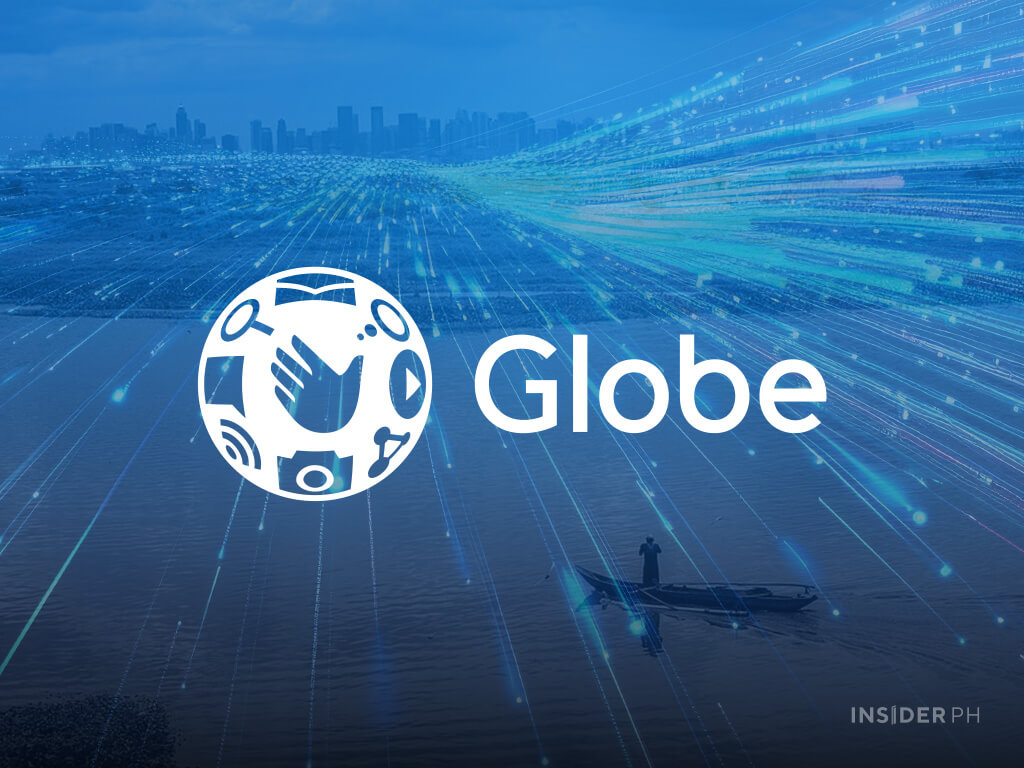

Propelled by the coming of the COVID-19 pandemic, the population rushed and panicked to secure a broadband connection in their homes, as the popular adage went at that time, the home became the school and the office all at the same time. As we stayed indoors, we eat food delivery, pay Gcash, catch our entertainment and gaming requirements, all of which require a reliable Wi-Fi and broadband connection in the home.
Though mobile service is still the core, customers have developed the habit of latching to the Wi-Fi service instead of the mobile broadband, as Wi-Fi service has become ubiquitous in homes and commercial establishments. Wi-Fi becomes the default when mobile service coverage falters indoors. As for commercial establishments, it has become a business requirement to have mobile service or Wi-Fi in their area in order for customers to patronize them.
Among the three biggest providers—PLDT, Globe, and Converge—the competition now centers on who can provide the most reliable, fastest, and quickest service, and, more importantly, the most affordable broadband for homes.
Mass market becomes the new battleground
As it has been said that the fixed broadband has saturated the postpaid market, the competition now shifts to the CDE levels or the mass market. PLDT, Globe and Converge are now grappling to offer a prepaid fixed broadband catering to the mass market and to the informal and temporary users.
Globe, being a latecomer in the fixed broadband space, has pivoted and emerged to be leading in the offering of the prepaid service, banking on its wide experience and sales network in the mobile prepaid service.
In the 1990s , mobile subscribers were contented with just a street signal, and most of us would have to get out of the house to make that important call. Anyway, the service was just the brick and mortar text and call service. To catch that ever elusive signal, we sometimes put our phones near the window so we can receive that text message in real time.
More cell sites, infrastructure needs
As the years progressed and with the advent of 3G then, smartphones with internet browsing capabilities emerged, followed by gadgets and laptops equipped with SIM and Wi-Fi capabilities. Thus, began the arduous journey of telcos to provide more coverage, which means more cell sites and copper, and now fiber.
Subdivisions and communities closed their gates and streets for the installation of new cell sites and infrastructure, yet ironically, their residents demanded more and better services. Battling the so-called evils of these infrastructures, the government and LGUs for that matter required more and stringent permits.
Then bang! COVID-19 hit us, bringing with it the realization that our country needed these telco and internet infrastructures after all. Slowly, the permits were shortened and expedited to some degree.
Change in people's mindsets
Now, telcos receive a good number letter-requests for the improvement of internet in communities. With such shift in customer mentality, telcos now focus in providing more capex for infrastructure buildup. With rising capex, telcos are now in talks with the government to help alleviate the gap for the unserved and the underserved in the country.
Indeed, our dependence on the internet has become so vital that the World Summit on the Information Society declared access to the internet a human right, premised on the purposes and principles of the Charter of the United Nations .
“The internet continues to transform how we connect with others, organize the flow of information, and share opinions. With its growing influence on individual consumer and large economies alike, the internet has become a vital part of our day-to-day lives. In 2024, the number of internet users worldwide stood at 5.44 billion, which means that around two-thirds of the global population is currently connected to the world wide web.” (https://www.statista.com/statistics/617136/digital-population-worldwide/)
Lives transformed
The internet has really transformed our lives of such magnitude that we could no longer live without our smartphone even for a minute. And on account of the promise of a prepaid fixed broadband, this will break down the divide between the haves and the have-nots when it comes to the internet.
We are truly moving into the Age of Information. As to disinformation, that is another matter to discuss (chuckles).

General Counsel of the Globe Group and president of the Philippine Chamber of Telecommunications Operators


